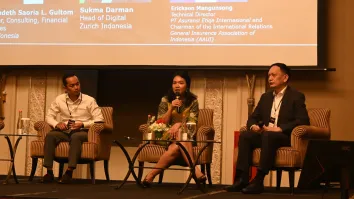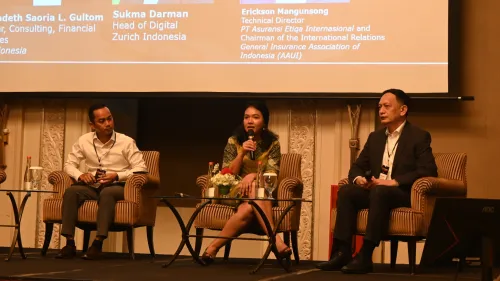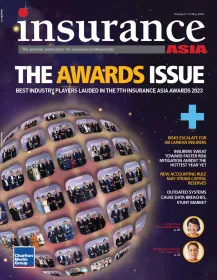
38% of financial institutions attain full-stack observability
There is an urgent need for traditional FSI and insurance companies to digitally transform due to increased competition and consumer expectations for digital access to services.
There is a growing recognition and investment in observability within insurers, banks and other financial services, due to the migration to multi-cloud environments (43%), artificial intelligence (40%), enhanced focus on customer experience management (35%), and attention to security, governance, risk, and compliance (54%), New Relic reported.
The report underscores the urgent need for traditional FSI and insurance companies to digitally transform due to increased competition and consumer expectations for digital access to services. Observability plays a crucial role in ensuring security and compliance, facilitating rapid modernization and innovation, and providing comprehensive visibility across complex technology stacks.
In 2024, New Relic released its State of Observability report for the Financial Services and Insurance (FSI) sectors. The report is based on insights from 176 technology professionals and the 2023 Observability Forecast.
New Relic's Chief Design and Strategy Officer, Peter Pezaris, emphasises the importance of observability for traditional financial institutions to stay competitive,
“The livelihood of traditional financial services and insurance institutions relies on the ability to create a fluid, reliable, and efficient digital customer experience (DCX). Observability provides real-time visibility into their infrastructure and software architecture while opening the door to more accurate decision-making, accelerated innovation, improved system uptime and reliability, and the ability to rise above the competition.” Pezaris said in a statement.
ALSO READ: Singapore’s top 50 insurers see 3.7% YoY asset decline in 2022
Kris Day, New Relic's Senior Vice President and General Manager for Asia Pacific & Japan, notes that technology, including observability, will be crucial in 2024 for the Asia Pacific region, particularly amidst geopolitical uncertainty and inflationary pressures.
“Investing in observability will ensure organisations are able to continue their journey in innovation while guaranteeing comprehensive visibility into their systems,” Day added.
The report reveals that FSI and insurance organisations, due to their complex tech stacks, are increasingly adopting full-stack observability (38% having achieved it) to enhance customer experiences.
They are deploying infrastructure monitoring (75%) and application performance monitoring (63%) to build trust and ensure reliable customer interactions across various devices.
The report also finds that financial and insurance sectors, traditionally resilient with slower change paces, experience fewer high-impact outages compared to other industries.
They are quicker in detecting and responding to these outages, with 40% able to detect them in less than 30 minutes. This efficiency is attributed to their investment in full-stack observability, enhancing their response capabilities compared to those without such comprehensive observability solutions.



















 Advertise
Advertise






